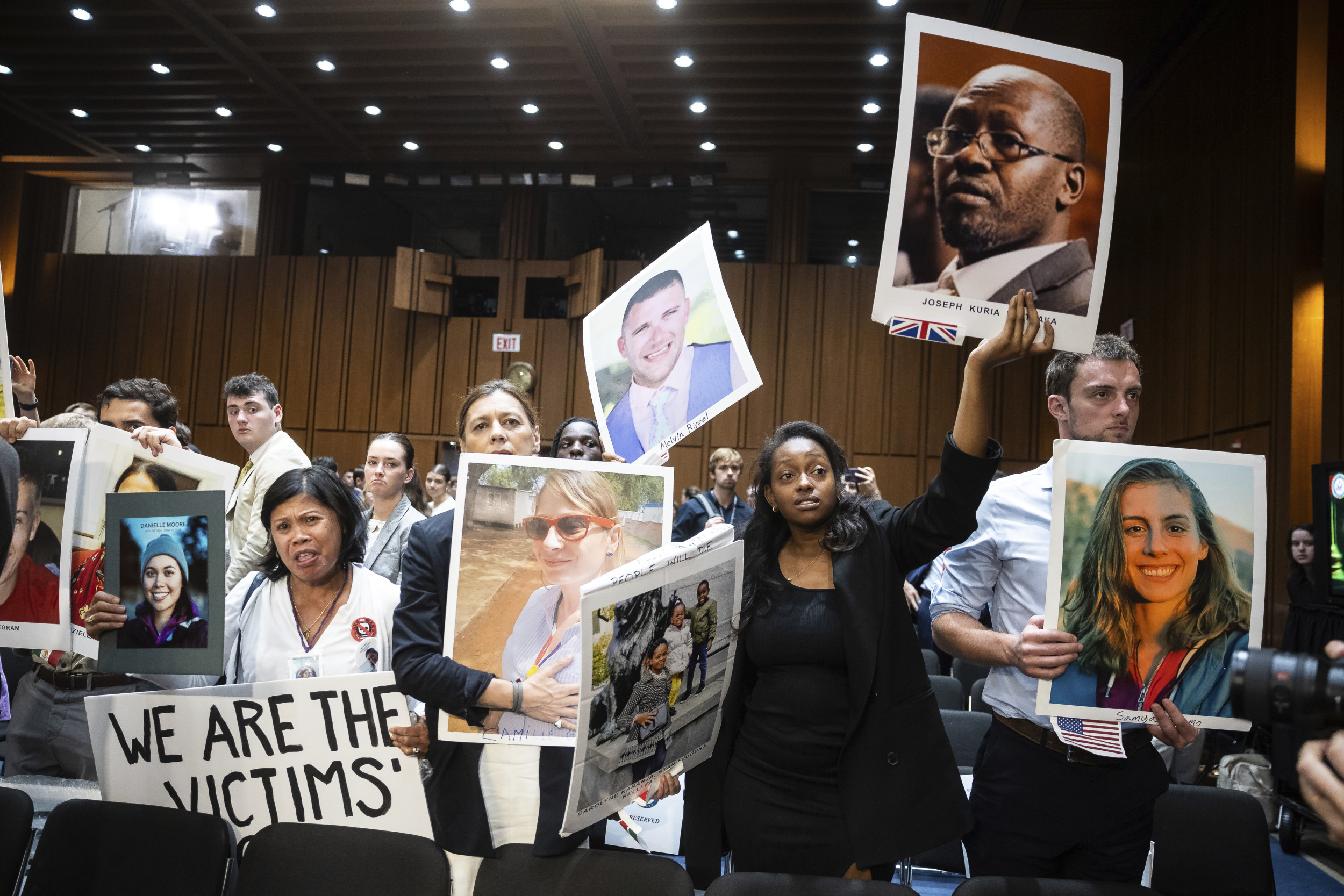In a decision that underscores the importance of corporate responsibility and judicial oversight, U.S. District Court Judge Reed O’Connor rejected a plea agreement between Boeing and the Department of Justice over the company’s role in two catastrophic 737 Max crashes. These tragedies, occurring in 2018 and 2019, claimed 346 lives, exposed flaws in Boeing’s design and regulatory processes, and left an indelible stain on the reputation of one of the world’s largest aerospace manufacturers.
The rejected agreement, announced earlier this year, included Boeing’s admission of guilt to conspiracy charges related to misleading the Federal Aviation Administration (FAA) during the certification of the 737 Max. The terms of the deal would have required Boeing to pay $487 million in fines and operate under the supervision of an independent monitor for three years to ensure compliance with safety reforms. However, the judge raised significant concerns about the agreement, particularly the selection process for the compliance monitor. Under the proposed terms, the monitor would be appointed solely by the Department of Justice, a provision Judge O’Connor criticized as undermining judicial involvement and public trust.
Central to the case are allegations that Boeing employees deliberately withheld critical information about the Maneuvering Characteristics Augmentation System (MCAS) during the FAA certification process. The MCAS software, intended to enhance flight stability, malfunctioned in both crashes, repeatedly forcing the aircraft into a nosedive. Investigations revealed that Boeing had prioritized cost savings and expedited production schedules over comprehensive safety testing, ultimately allowing the flawed system to enter service.
The families of the victims have been vocal in their criticism of the plea deal, calling it insufficient in addressing the magnitude of the company’s actions. Their attorneys argue that the proposed fine represents only a fraction of Boeing’s earnings from the 737 Max program and fails to account for the human toll of the crashes. For many, the rejection of the plea deal is seen as a step toward greater accountability.
Paul Cassell, a legal representative for several victims’ families, praised the court’s decision, emphasizing the need for a renegotiated agreement that fully reflects the gravity of Boeing’s misconduct. He noted that the ruling highlights the importance of incorporating victims’ perspectives into the judicial process, particularly in cases involving corporate negligence.
Boeing has faced a series of challenges since the 737 Max crashes, including a 20-month global grounding of the aircraft, significant financial losses, and widespread scrutiny of its corporate culture. Once regarded as a paragon of engineering excellence and safety, the company has spent the years following the crashes grappling with the fallout from its decisions.
The rejected plea deal also included provisions requiring Boeing to invest $455 million over three years in compliance and safety programs, a 75% increase in its annual spending on these initiatives. While these measures were intended to demonstrate the company’s commitment to reform, critics argue that they do not go far enough to address systemic issues or ensure that similar tragedies do not occur in the future.
In his ruling, Judge O’Connor emphasized the need for greater judicial oversight in the implementation of any agreement. He also expressed concerns about Boeing’s compliance with a previous settlement with the Justice Department, citing a recent incident involving a door plug failure on a 737 Max as evidence that the company’s safety culture remains flawed.
As the case moves forward, attention will likely focus on renegotiating the terms of the agreement to incorporate stricter penalties and more robust oversight mechanisms. The decision represents a critical moment for the aviation industry, raising important questions about the balance between corporate interests, regulatory enforcement, and the need to protect public safety.










